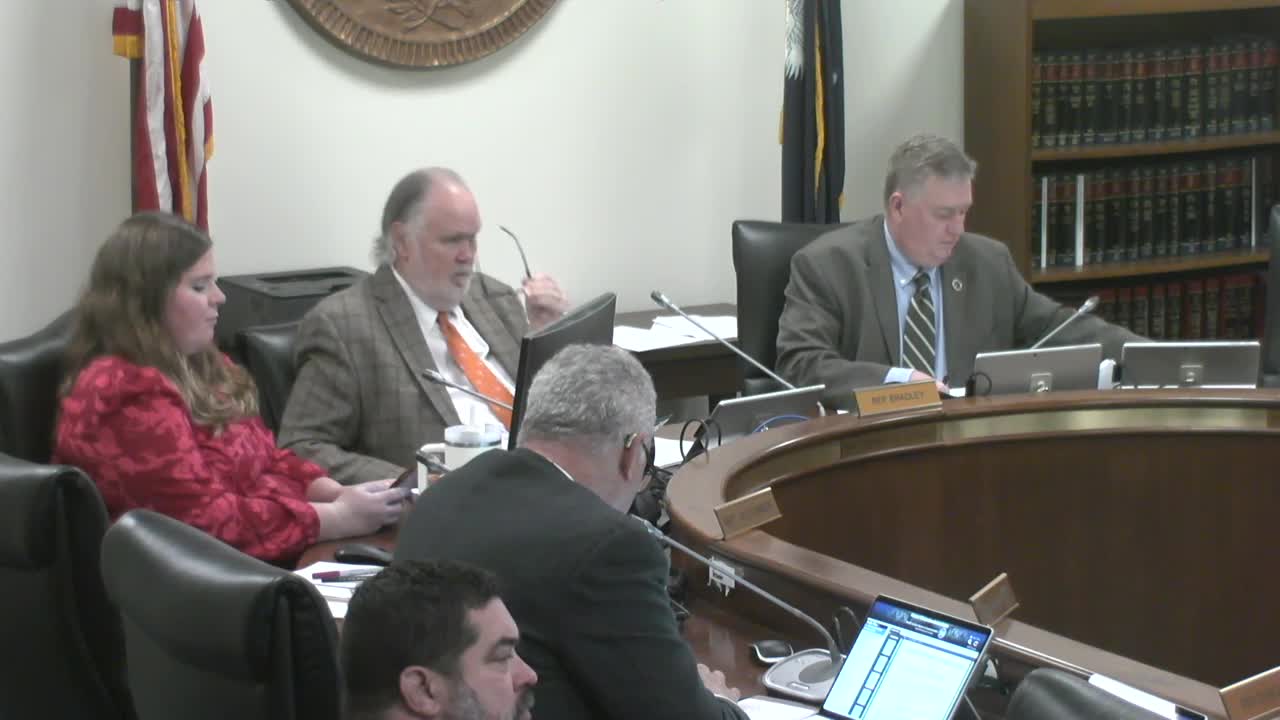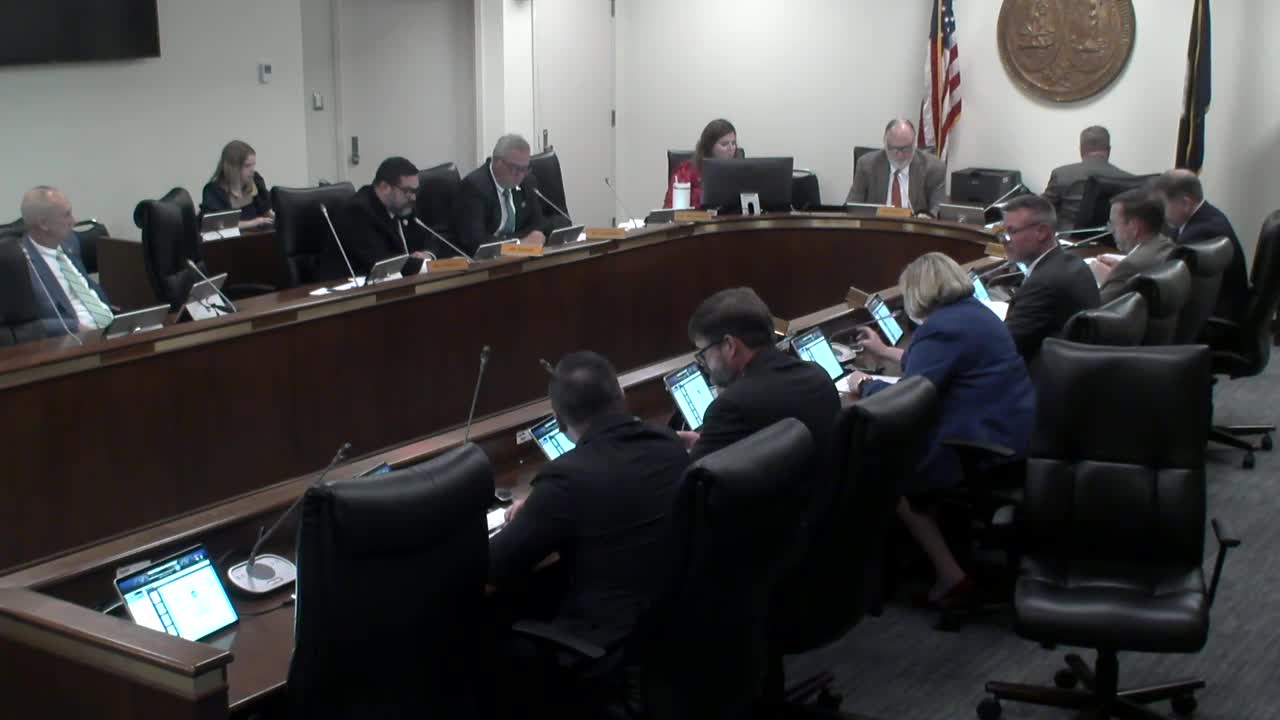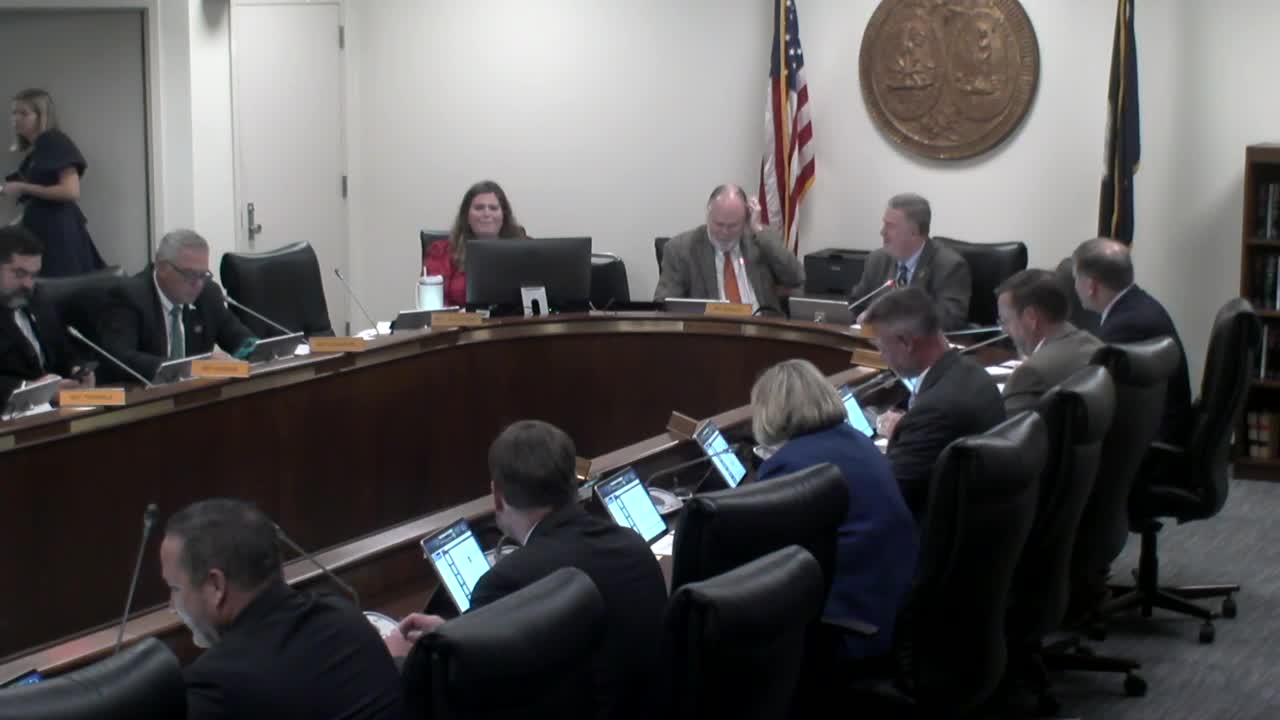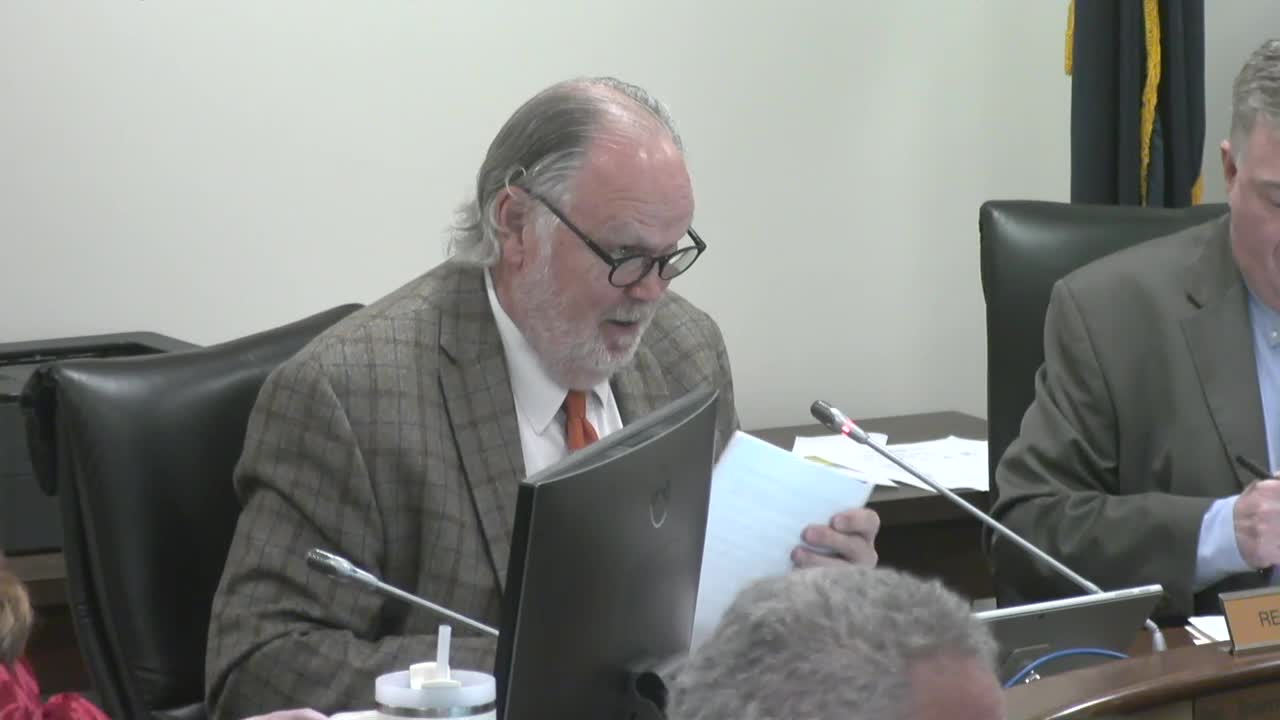Article not found
This article is no longer available. But don't worry—we've gathered other articles that discuss the same topic.

Panel backs bill to increase K‑8 physical education minutes, adds narrow exemption for off‑campus high‑school courses

Subcommittee advances Educator Assistance Act after amendment to ease recertification and add discretion for contract breaches

House subcommittee backs charter-school enrollment preference for military families, keeps 20% cap

